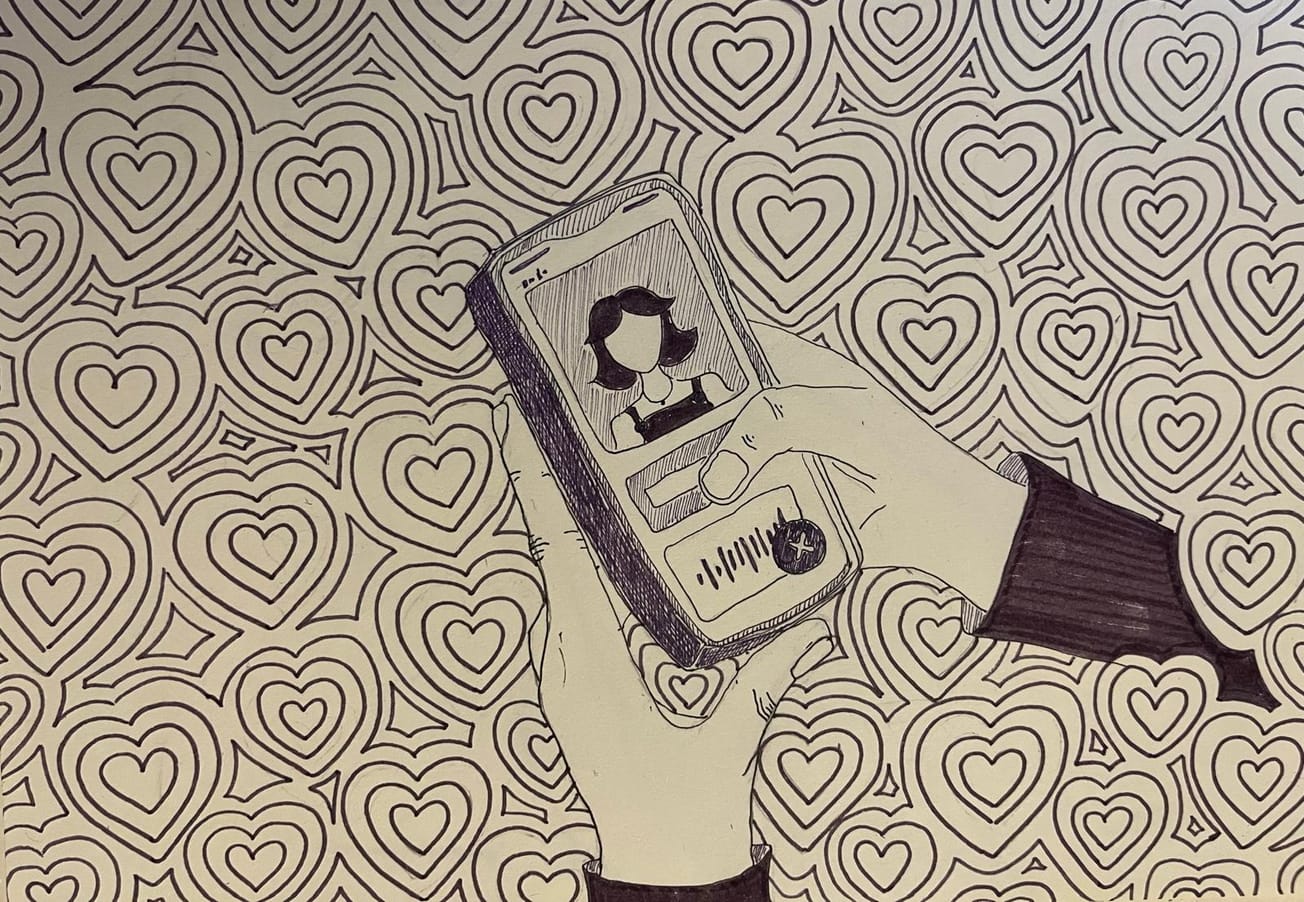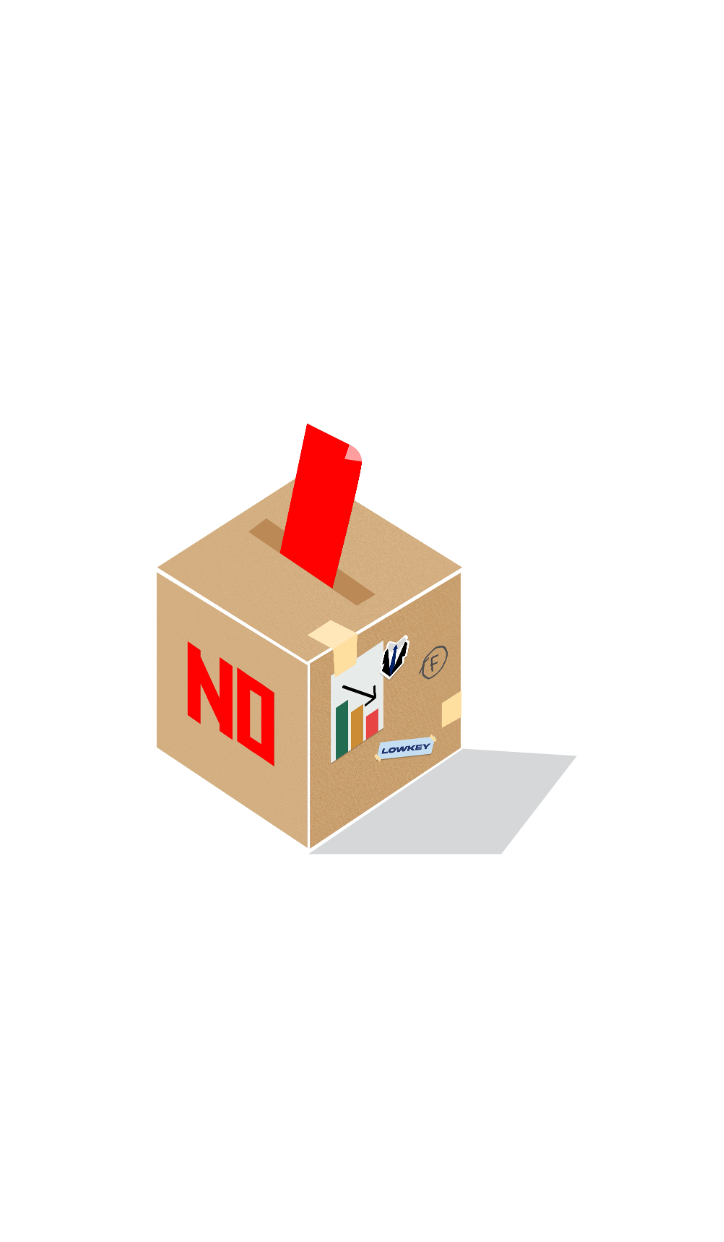Online Wellbeing Editor, Leila Mitwally, talks to Molly Gorman about her new project The Health Diary.
Third year History student, Molly Gorman is trying to redefine how we think about our health. Having dealt with her own issues with food and body image growing up, now Molly has set up The Health Diary: a project dedicated to exploring all the different and personal definitions of health. I spoke to Molly about the project, what she hopes it will achieve and some of the inspiration behind it.
Broadly speaking, what is The Health Diary?
The Health Diary is a platform that I wanted to create to allow people to come forward and talk about how they think about health. I feel like there’s a widespread consensus of what “health” is in society - what “healthy” food is and what “bad” food is and what people should be doing to be healthy, whether that’s to do with exercise, or eating “raw” or “clean” foods. I think that it’s really damaging – it encourages people to link feelings of guilt with food.
It’s so annoying! People talking about eating a “guilty” piece of chocolate!
Exactly! Balance is key, moderation is key – and by picking out normal people like my friends and family and getting their perspective on what they feel for them is healthy, and how they approach food and exercise, I want to redefine what “health” means.
I was obsessed with food, and it pretty much took over my life and my family’s life for two years
I don’t want the platform to just be about food though, but also work and life balance – I know some people at uni who just work themselves into the ground because and don’t know how to take breaks. I hate the narrow perception of “health” in the mainstream media - I’m also not trying to tell people what’s wrong and what’s right, but just to offer up an alternative view or different perspective on things. That’s the basis of the project.
What inspired you to start this project?
I will be talking about this on the blog soon as I haven’t before – mainly because there’s so much that I could write a book on it! When I was fifteen I had a lot of issues with food and body image, and it got to the point where I needed to see a counsellor – I was afraid of food, I was obsessed with food, and it pretty much took over my life and my family’s life for two years.
It’s shocking how many people you talk to who have had similar issues, and yet no one talks about it!
And the funny thing is, you feel so alone at the time, and so many people go through it. It’s mainly stemmed from that, and for me now I feel as though I’m the happiest and healthiest I’ve ever been in my life, and so it’s a really good time to reflect on it and feel okay talking about it. I’ve written a few articles for different magazines about it before, and every time I wrote them I felt all my old feelings starting to come back.
But now I feel so comfortable talking about it, and I just felt like it was good time for me to do something. Also, I feel that if I’ve already gone through such a horrible experience then why not make something good out of it? Issues with food and body image shouldn’t be taboo, it’s something that we should all be talking about.
Your tagline is “it’s time to redefine health” – so what would be your ideal definition?
I would say that balance and moderation are two key words, but I know how hard it is in practice to get those. So if you hand to pin my down I would probably say that happiness is key. You have to do what’s going to give you a healthy mind and stimulate you, and that’s personal to everyone – so health is personal to everyone. If you have certain views on health that could be damaging to others – like attributing guilt to food – I don’t think you should inflict them upon others. You have to do what makes you happy.
Life becomes so much easier when you have an open and balanced approach to food
How do you think that the university is dealing with these issues among students at the moment?
I don’t actually know too much about it because I’ve tried to get help with the uni a few times when I felt I was struggling and wasn’t really met with anything – they basically didn’t have the space for me so suggested other platforms. While it is good that they have those other services to suggest, it seems to be the result of a broader funding problem.
I wouldn’t try again or go through the NHS for counselling because it didn’t get me anywhere. If anyone was reaching out for help I would suggest going to a charity – charities literally saved me. Everyone working there had their own issues with food so they understood, whereas a lot of support workers and doctors don’t really understand what they’re dealing with.
Do you think that the university environment is good for students’ mental health?
I think it’s a good place for mental health. Everyone at university is going through the same experience and we’re all facing similar issues, and I think we could turn that into something positive. You’ve got a place full of clever students, who are outspoken about current issues like politics yet we aren’t speaking about something like mental health which clearly affects so many of us!
I believe in an easy-going approach, where we don’t put too much pressure on ourselves to put only good things into our bodies
We’re obviously all touched by it, and we could create a really strong movement if we just talked about it more. There should be so many places that people can go and feel safe – if people really started addressing these issues I think that university could be a really positive place for cultivating good mental health.
What do you think about all the popular diets like raw, plant-based or zero sugar that people will be taking up for January?
If you’re doing it for any ethical or environmental reason I think that’s great. But in terms of doing it for your health, I don’t think that the approach of cutting food groups out is a good idea because it can become restrictive and obsessive – it encourages the development of things like orthorexia where it gets to the point where you feel like you physically can’t eat certain things. I believe in an easy-going approach, where we don’t put too much pressure on ourselves to put only good things into our bodies.
Life becomes so much easier when you have an open and balanced approach to food. You should always do what’s best for you without being too hard on yourself or punishing yourself. Exercise works in the same way – I now feel that I can exercise just because it feels good and clears my head, rather than seeing it a way to burn calories.
Finally, what are your New Year’s Resolutions?
Firstly, I want to learn how to relax – because at the moment I don’t think I’m very good at it! I always have to be doing something or I get bored, and I always feel that I could be doing more. I’d like to take more time for myself which I don’t do enough – I actually had a bath over Christmas which I usually hate but I really enjoyed it! I’d also like to try some more yoga as it really helps me sleep.
You can find and explore The Health Diary for yourself on www.thehealthdiarycom.wordpress.com.
Featured image: Facebook / The Health Diary
What do you think? Comment below or get in touch!
Facebook // Epigram Wellbeing // Twitter









